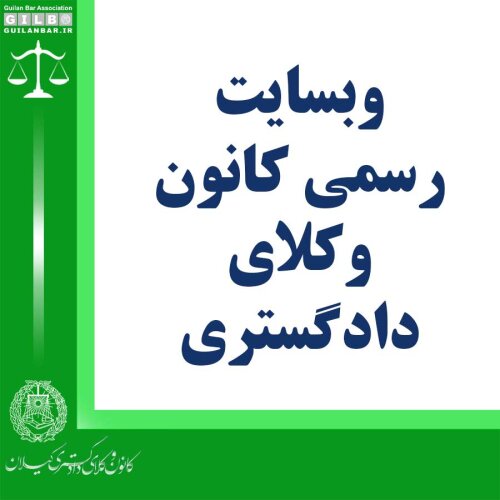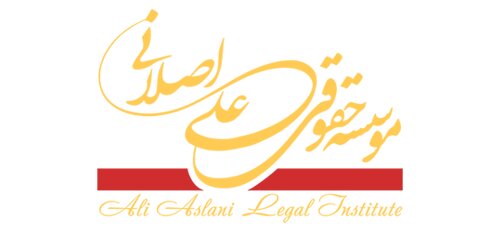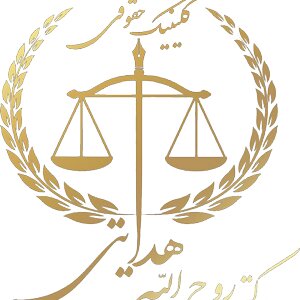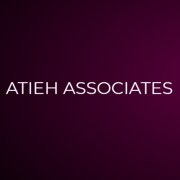Best Ethics and Professional Responsibility Lawyers in Iran
Share your needs with us, get contacted by law firms.
Free. Takes 2 min.
Or refine your search by selecting a city:
List of the best lawyers in Iran
About Ethics and Professional Responsibility Law in Iran
Ethics and Professional Responsibility in Iran encompass the rules and standards governing the conduct of legal professionals, ensuring that lawyers and those in related fields adhere to strict professional codes. This body of law aims to maintain integrity, professionalism, and accountability among practitioners, underlining principles such as client confidentiality, conflict of interest policies, and the duties lawyers owe to their clients, the courts, and the broader legal system. Being a predominantly Islamic country, Iran's legal framework often intertwines with religious principles, reflecting Sharia law influences in its ethical and professional responsibility standards.
Why You May Need a Lawyer
Individuals may require legal assistance in Ethics and Professional Responsibility in various situations:
- Facing allegations of professional misconduct or malpractice.
- Needing guidance on ethical obligations when navigating complex legal cases.
- Handling disputes regarding client confidentiality breaches.
- Addressing conflicts of interest or the appearance of conflicts in legal representation.
- Understanding or resolving issues related to the integrity of legal practice under Iran's professional standards.
Local Laws Overview
The legal and ethical landscape for professionals in Iran is deeply influenced by both statutory laws and Islamic principles. Key aspects of these laws include:
- Code of Ethics for Legal Practitioners: Defines acceptable conduct for lawyers, placing a strong emphasis on honesty, integrity, and the protection of client interests.
- Confidentiality Obligations: Lawyers are bound by strict confidentiality rules, reflecting both legal statutes and ethical mandates derived from Sharia law.
- Conflict of Interest: Laws prohibit lawyers from representing parties with opposing interests without informed consent.
- Disciplinary Procedures: A framework exists for disciplining lawyers who violate ethical or professional standards, involving legal committees and the Bar Association.
Frequently Asked Questions
What constitutes professional misconduct for lawyers in Iran?
Professional misconduct typically includes acts that compromise the integrity of a lawyer, such as fraud, conflicts of interest, breaching confidentiality, and failing to competently represent a client.
How does Iran handle conflicts between a lawyer’s obligation to the court and to their client?
Laws in Iran mandate that lawyers must maintain their duty to the court, which includes being truthful and not misleading the court, while still zealously representing their client's interests.
What are the consequences for breaching client confidentiality in Iran?
A breach of client confidentiality can result in severe disciplinary actions, ranging from fines and suspension to disbarment, depending on the severity of the breach.
Can a lawyer in Iran represent two clients with opposing interests?
Generally, lawyers are prohibited from representing clients with directly opposing interests unless they obtain express, informed consent from all parties involved.
How are ethical complaints against lawyers usually resolved?
Complaints are typically reviewed by the Bar Association’s ethics committee, which investigates the claims and determines appropriate disciplinary measures if necessary.
What should I do if I suspect a violation of ethics by my lawyer?
You should report the suspected violation to the Bar Association, which handles investigations into ethical conduct breaches by legal professionals.
How is professionalism in the legal field promoted in Iran?
Professionalism is promoted through continuous education, strict adherence to regulations enforced by the Bar Association, and adherence to religious and cultural norms that stress ethical behavior.
Are there special ethical rules for legal practitioners in Iran working on international cases?
Yes, practitioners involved in international cases must adhere to both local ethical standards and any relevant international practices, ensuring compliance with applicable cross-border regulations.
What is the role of the Iranian Bar Association in maintaining professional responsibility?
The Iranian Bar Association plays a crucial role by setting ethical standards, offering guidance, and disciplining members who fail to adhere to established norms.
Can foreign lawyers practice in Iran, and do they need to comply with local ethical standards?
Foreign lawyers can practice in Iran under specific conditions and must comply with the same ethical and professional standards required of local lawyers.
Additional Resources
Those seeking further help could contact or consult the following organizations:
- The Iranian Bar Association
- The Ministry of Justice of Iran
- Legal Ethics Committees at local universities
- Consulting firms specializing in professional responsibility law
Next Steps
If you need legal assistance in Ethics and Professional Responsibility, consider the following steps:
- Consult with a lawyer who specializes in professional ethics to understand your legal position and options available.
- Gather all relevant documents and correspondence related to your case or query.
- Contact the Iranian Bar Association for additional legal referrals or resources.
- Prepare a list of questions or concerns you have to discuss with your legal adviser for clarity and strategic guidance.
Lawzana helps you find the best lawyers and law firms in Iran through a curated and pre-screened list of qualified legal professionals. Our platform offers rankings and detailed profiles of attorneys and law firms, allowing you to compare based on practice areas, including Ethics and Professional Responsibility, experience, and client feedback.
Each profile includes a description of the firm's areas of practice, client reviews, team members and partners, year of establishment, spoken languages, office locations, contact information, social media presence, and any published articles or resources. Most firms on our platform speak English and are experienced in both local and international legal matters.
Get a quote from top-rated law firms in Iran — quickly, securely, and without unnecessary hassle.
Disclaimer:
The information provided on this page is for general informational purposes only and does not constitute legal advice. While we strive to ensure the accuracy and relevance of the content, legal information may change over time, and interpretations of the law can vary. You should always consult with a qualified legal professional for advice specific to your situation.
We disclaim all liability for actions taken or not taken based on the content of this page. If you believe any information is incorrect or outdated, please contact us, and we will review and update it where appropriate.
Browse ethics and professional responsibility law firms by city in Iran
Refine your search by selecting a city.
















